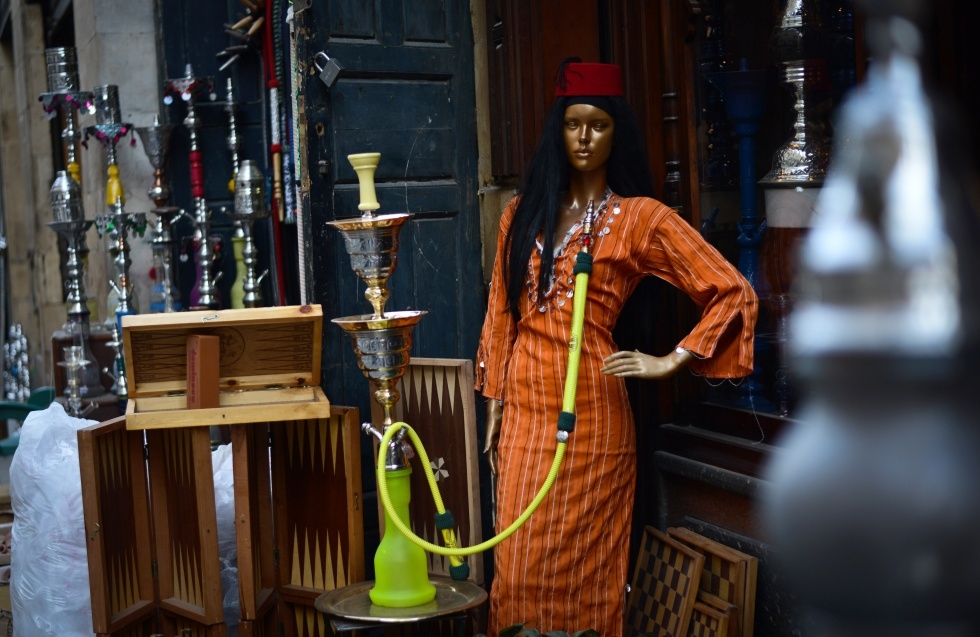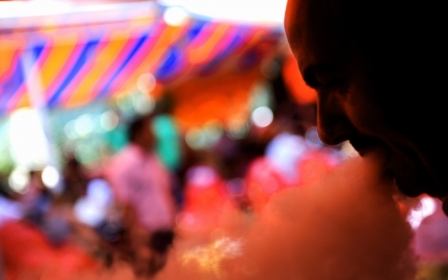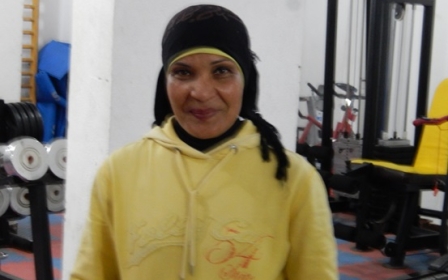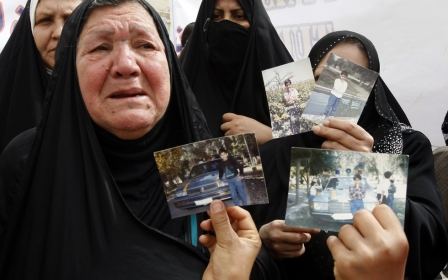Water pipes can be more harmful than cigarettes: experts

By Lynne Al-Nahhas
World health experts warned on Thursday that smoking water pipes, known as shisha - long popular in the Middle East and North Africa and with a growing fan base elsewhere - can be more harmful than cigarettes.
"A single puff from a water pipe is nearly equal to the volume of smoke inhaled from an entire cigarette," said the Tobacco Atlas launched at the World Conference on Tobacco or Health in Abu Dhabi.
And World Health Organisation tobacco expert Edouard Tursan d'Espaignet said "one session of shisha (water pipe) can be equal to smoking 20 to 30 cigarettes in one go, which can be very dangerous."
The water pipe, variously known as a hubbly-bubbly, hookah, shisha or nargileh, has become a major worry for anti-tobacco campaigners as it is popularised across university campuses, and overlooked by regulators.
In recent years, its use has spread to the United States, Europe and, to a lesser extent, South America.
Gemma Vestal of the WHO's Tobacco Free Initiative told AFP that while shishas were previously the domain of older males, "younger people between 18 and 24-years old living in cities and educated" are increasingly smoking them.
The chairman of pathology and laboratory medicine at the American University of Beirut, Ghazi Zaatari, says aromatic flavourings known as maasal added to the tobacco offer younger smokers a "smoother and more tolerated" alternative to the taste of traditional tobacco.
And the "water pipe has an interesting design because it somewhat engages your five senses. You're holding the hose, there’s something you're looking at, there is the aroma, there is the sound of the bubbling and there is this kind of sensational thing with the social gathering."
In social gatherings that last for an average of an hour, the smoker can quickly get "hooked on it because of the nicotine".
Moreover, the smoke from charcoal used to heat the tobacco contains toxins.
The WHO said harmful effects include impact on the "respiratory system, cardiovascular system, oral activity and teeth."
In addition to the dangers of lung cancer, data also suggest probable associations with oral, oesophageal, gastric and urinary bladder cancer, as well as chronic bronchitis, cardiovascular disease, stroke and other illnesses.
Global tobacco companies are increasingly investing in the water pipe business, experts say, while little has been done to curb their use, despite a crackdown on cigarettes.
According to the Tobacco Atlas, "water pipes fall into a less heavily or unregulated group of tobacco products" in most countries.
"There has been a gap for a while and now hopefully, with this global effort, they (tobacco regulators) are coming back to emphasise the importance of including the water pipe in all these policies and regulations on tobacco," Zaatari said.
Brazil has taken measures to ban flavourings, while Turkey has extended warning labelling from cigarette packets to include the water pipe.
And the ruler of the UAE emirate of Sharjah has banned the use of water pipes altogether, earning him an award this week from the WHO.
New MEE newsletter: Jerusalem Dispatch
Sign up to get the latest insights and analysis on Israel-Palestine, alongside Turkey Unpacked and other MEE newsletters
Middle East Eye delivers independent and unrivalled coverage and analysis of the Middle East, North Africa and beyond. To learn more about republishing this content and the associated fees, please fill out this form. More about MEE can be found here.




